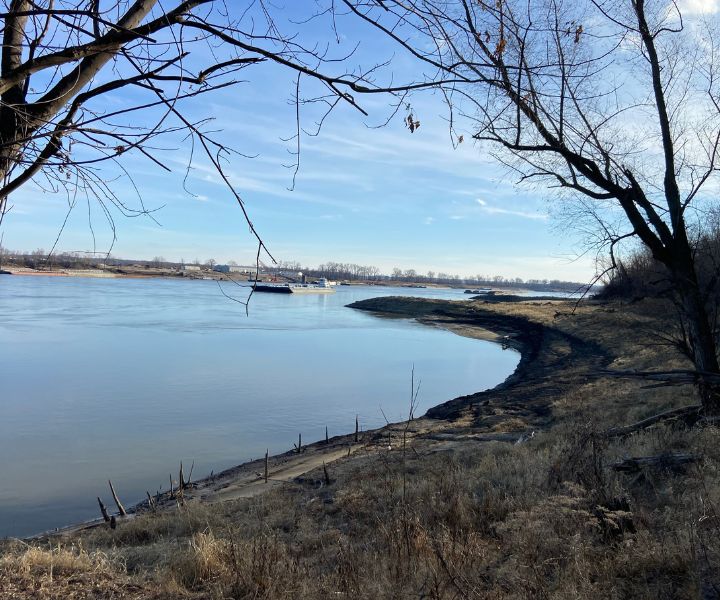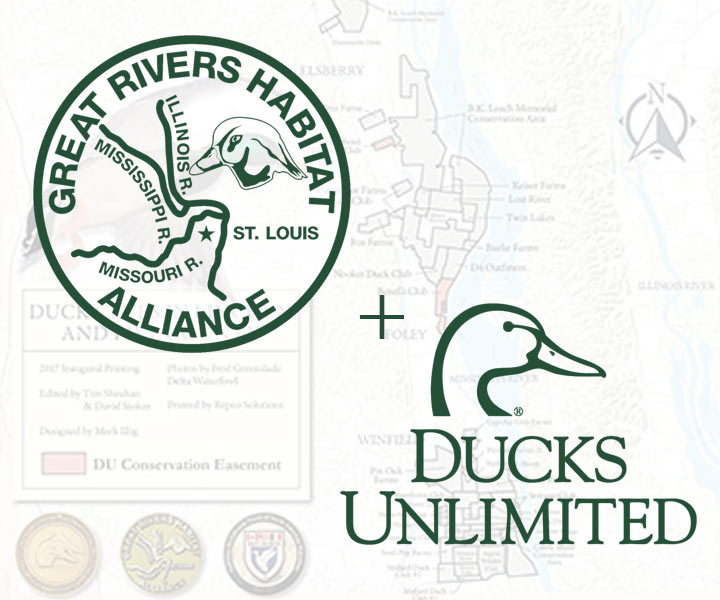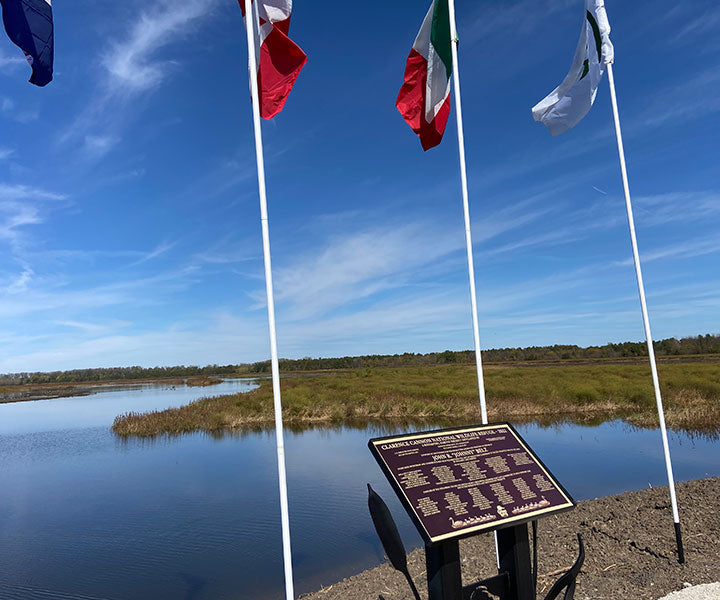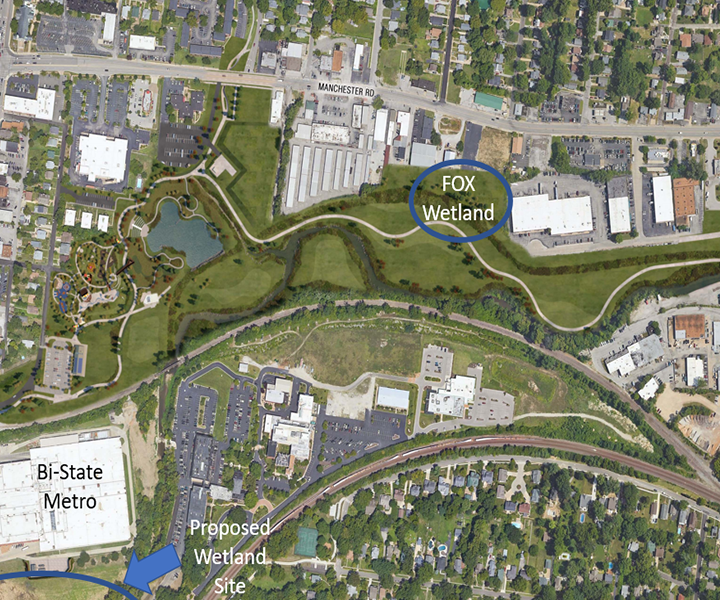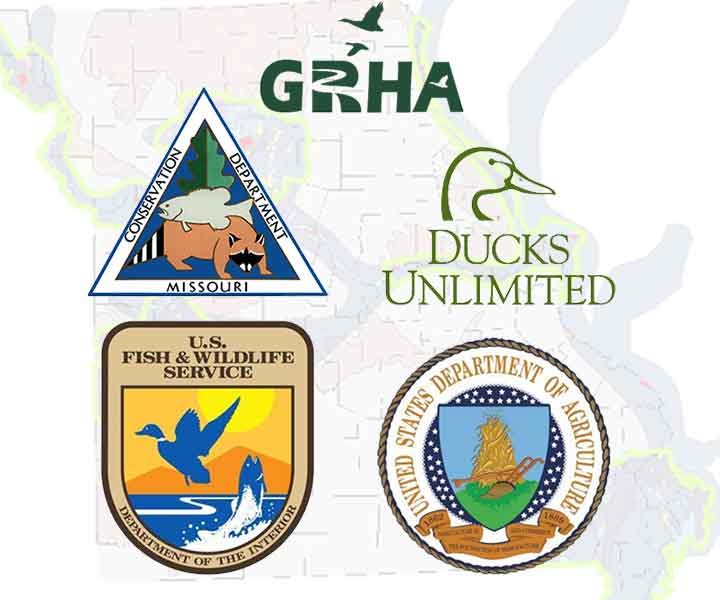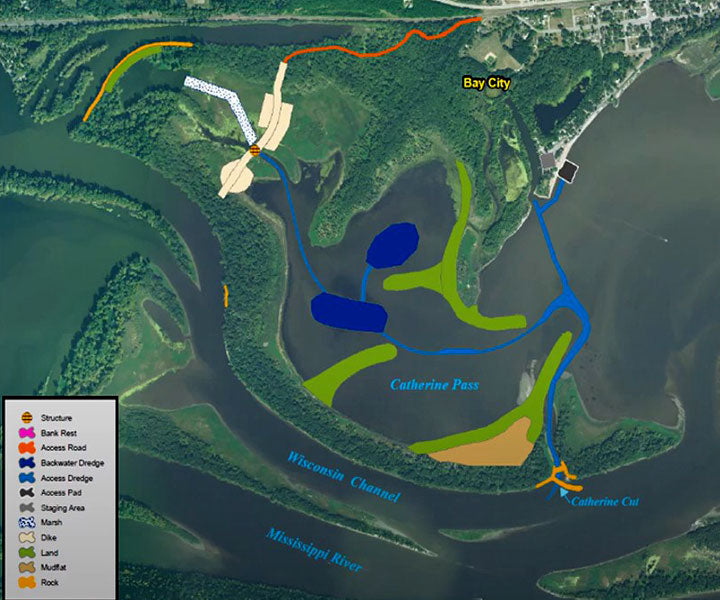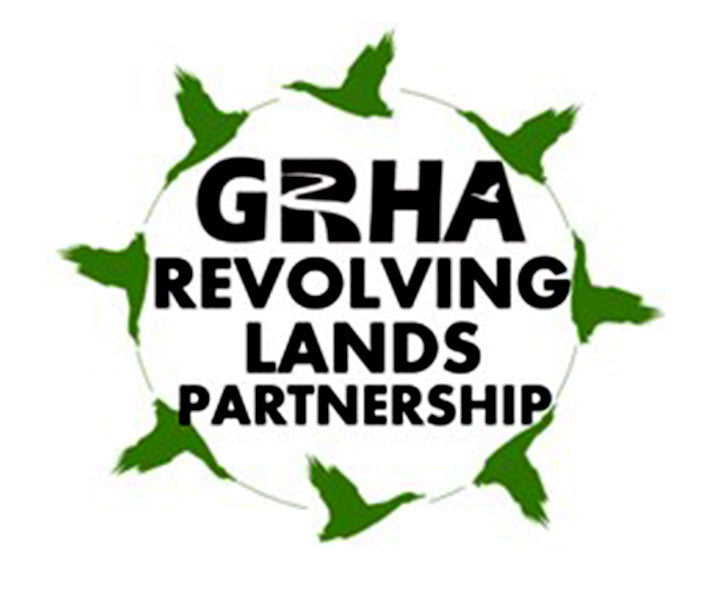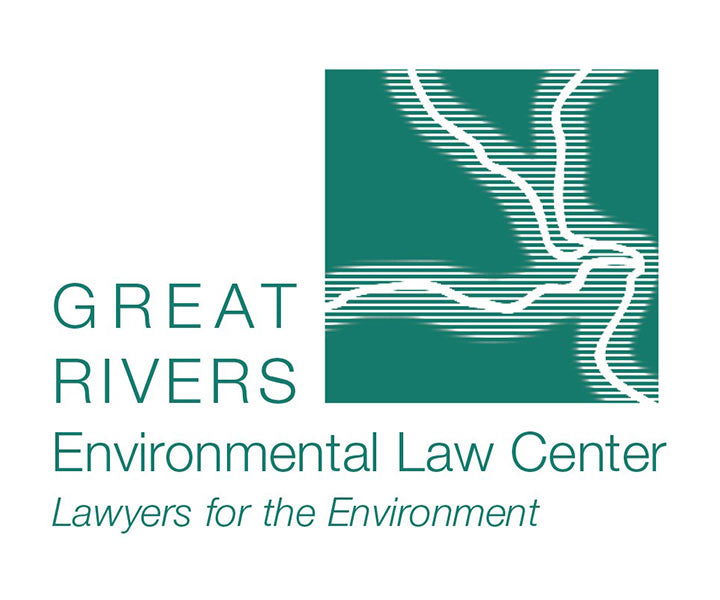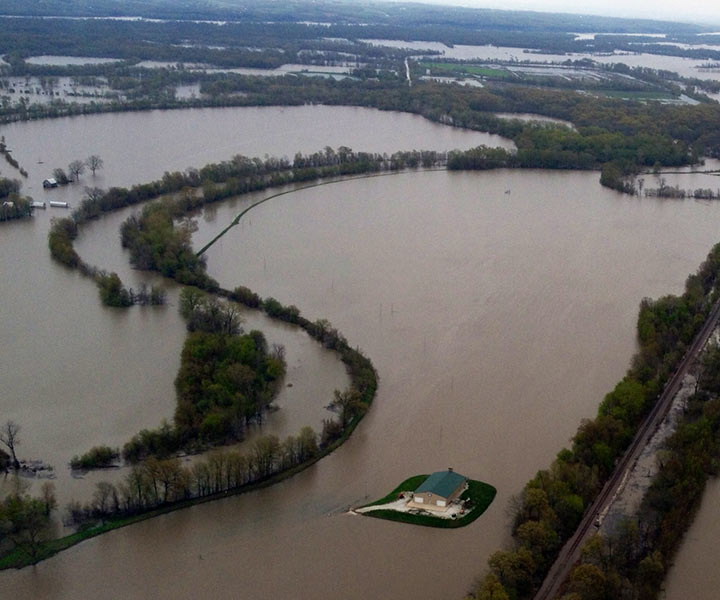Price :
QTY :
CART TOTALS :
There are items
in your cart
CART TOTALS :
Your shopping bag is empty
Go to the shop
Great Rivers Environmental Law Center partners with Great Rivers Habitat Alliance by providing legal services to protect the environment and public health.
GRELC and GRHA share an interest to preserve forests, floodplains and wetlands for their recreational, aesthetic, and agricultural benefits, and their values as flood storage and habitat for migratory birds and other species.
We work together through the courts and administrative agencies to safeguard the environment by enforcing environmental laws, especially air and water pollution laws and laws intended to protect wetlands, floodplains, open space, and endangered species.
The issues that we address often have national significance, although the majority of our work is within the Confluence Region of Missouri and Illinois.
Read Full Article:
Conservation Groups Challenge Army Corps’ Mississippi River Plan
Corps’ Plan Increases Flood Risks and Damages Habitat; Analysis of Impacts Insufficient
In 2022, Great Rivers Habitat Alliance embarked on an exciting new venture to protect more than 181 acres of floodplain habitat along the Mississippi River and create what we will call the GRHA Foster-Rollins Floodplain Conservation and Education Area. The property is just south of St. Louis and adjoining Cliff Cave County Park and Marions Place. The property is now the largest currently owned by GRHA. That journey took another step when GRHA closed on the property on April 11, 2024.
GRHA Partners with Ducks Unlimited in many ways including the DU Conservation Easement Program. GRHA partners in the Conservation Easement Program increase the uptake of private conservation easements by providing landowners financial support during the due diligence process and by promoting the overall program. These easements preserve the land in perpetuity, with a goal of eventually assembling enough parcels to effectively create a wall of protection against commercial development in the Confluence.
GRHA partners with Ducks Unlimited and other partners on projects addressing wetland loss and flooding within the Confluence through DU’s Big Rivers Initiative -Missouri. The Confluence of the Mississippi, Illinois, and Missouri Rivers is North America’s greatest floodplain forming a unique wetland system known as the Confluence Floodplain. This region carries waters from over half of the United States landscape and serves vital ecological functions such as storage and purification of floodwaters.
The Brentwood Bound Plan is a comprehensive solution to overcome flooding and public safety challenges presented by the Deer Creek channel and to improve the Manchester Road corridor within the City of Brentwood. Great Rivers Habitat Alliance with support of the Fox Family Foundation is proud to partner with the City of Brentwood in their Brentwood Bound Plan and Deer Creek Flood Mitigation project.
GRHA continues its strategy of partnerships to protect the Confluence through programs such as the Missouri Agriculture Wetlands Initiative, which delivers coordinated private land conservation in the Confluence. GRHA is proud to join the Missouri Agricultural Wetland Initiative (MAWI) Partnership and will support the partnership through an annual gift restricted to projects in the 3 county areas of Lincoln, Pike and St. Charles.
Great Rivers Habitat Alliance has made a commitment to partner with Wisconsin Ducks Unlimited and other partners to support Wisconsin’s Big Rivers Initiative. The Wisconsin Big Rivers Initiative focuses on the western two-thirds of the state that drains into the Mississippi River, down to the Confluence and eventually the Gulf of Mexico.
The Great Rivers Habitat Alliance is proposing the creation of a placed-based partnership designed to increase focus and achieve a shared vision of protecting the Confluence floodplain called the GRHA Revolving Lands Partnership.
Great Rivers Environmental Law Center partners with Great Rivers Habitat Alliance by providing free legal services to protect the environment and public health. We work together through the courts and administrative agencies to safeguard the environment by enforcing environmental laws, especially air and water pollution laws and laws intended to protect wetlands, floodplains, open space, and endangered species.
To address flooding, GRHA is working with local leadership to tackle the issue of floodplain rise and the filling of the floodplain and develop a regional approach for managing flood losses while protecting and restoring benefits of floodplains. We look to grow public awareness of the importance of the Confluence and provide a voice for landowners, agriculture, the duck clubs and Confluence hunters. GRHA will use policy and litigation to support our mission to directly combat the commercial development of the 100-year Confluence flood plain.
"It is vital to protect the critical migration habitat of Raccoon Ranch in perpetuity - especially as it relates to the abundant spring migration habitat on the property,” explained Charlie Hager, President and Chief Operating Officer for C. Hager & Sons Hinge Manufacturing Company. “The more of us in the Confluence who take the step to protect the wetland values of our property with a conservation easement the more we can insure that waterfowl will use the Confluence in the future.”
Garth Fort, then Dardenne Club member and chairman of the club's easement committee said, “The 22-member club voted unanimously to protect Dardenne's natural wetlands with a conservation easement, and we all feel really good in doing so. It's the most important action the club has ever taken.”
“We’re all stewards of the land. It’s our obligation and responsibility to preserve and protect this historical migration route, and that will require all ducks clubs, large and small, working together to conserve the wetland values of the Confluence. Maybe in 200 years someone will say, ‘These folks sure had some foresight!’”
"A donated easement was the best way to guarantee the long-term sustainability of the wetland habitat on the property."
